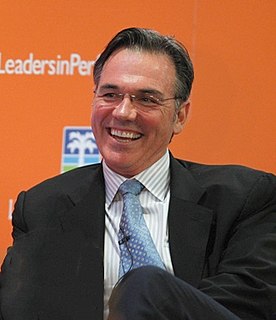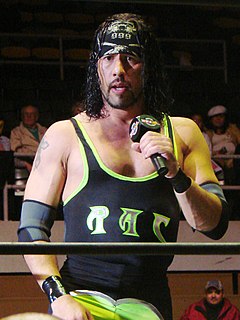A Quote by Gretchen Rubin
I do better with routines and predictability. I don't react well when there's a sudden change in the schedule.
Quote Topics
Related Quotes
Change no one. Change nothing. React to no one, react to nothing. Do not live in the past and do not, worry about the future. Stay in the eternal now, where all is well. After all you are me and I am you. There's no difference. Do not react to the world. Do not even react to your own body. Do not even react to your own thoughts. Learn to become the witness. Learn to be quiet.
Change is difficult and it takes time. It is hard for people to change their own behavior, much less that of others. Change programs normally address attitudes, ideas, and rewards. But the behaviors of people in organizations are also strongly shaped by habits, routines, and social norms. Real change requires new power relationships, new work routines and new habits, not just intent.
We just get comfortable in our routines, and that's how it worked before, but now you can see wrestling from around the world and all the promotions, and everyone has something online you could see. And many years ago, you could do these routines, and they weren't routines to the fans because they didn't see them as much.


































